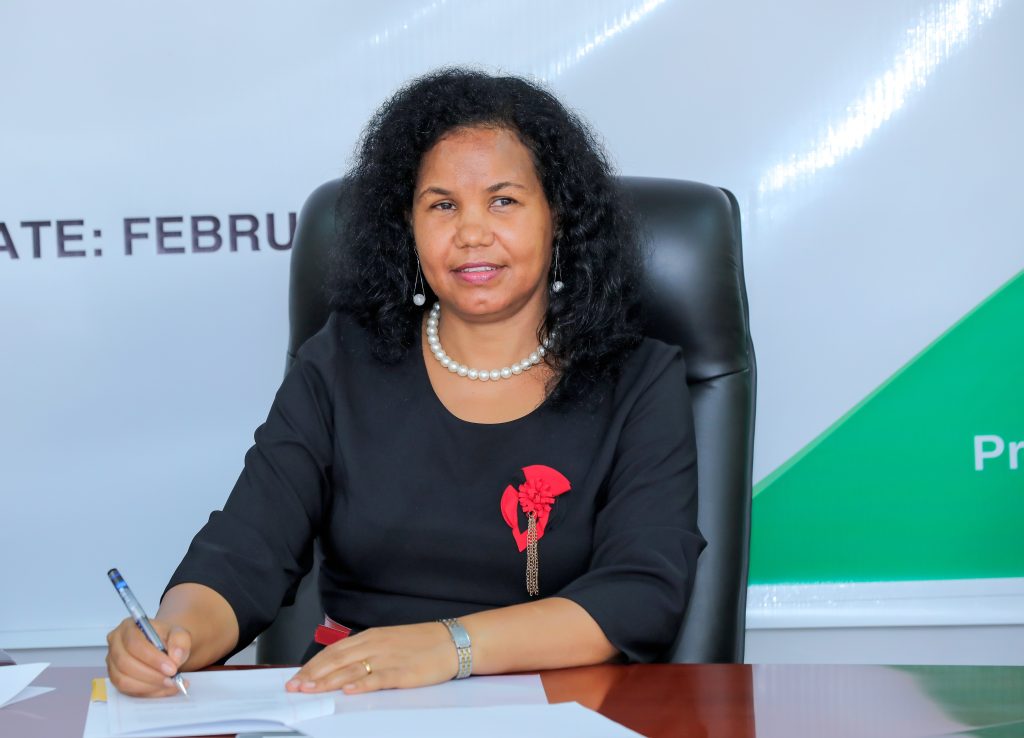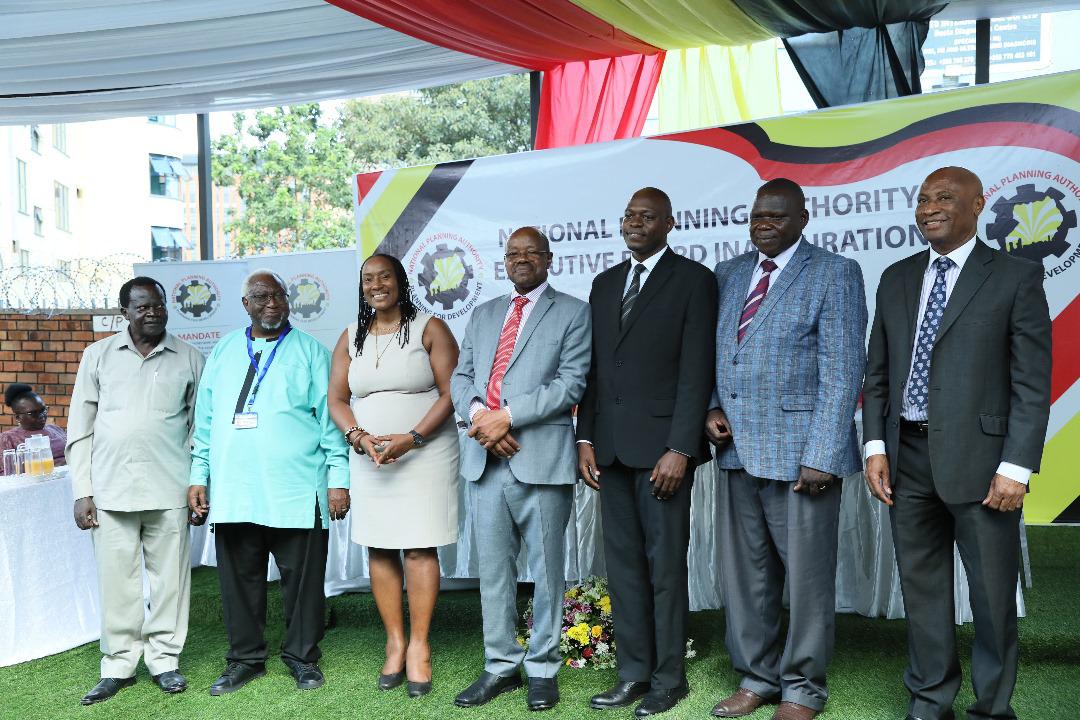Uganda's Policy Awareness Gap: The Challenge of Implementing Laws

This lack of awareness undermines the enforcement and impact of legislation, as individuals may unknowingly violate laws or fail to access the rights and services to which they are entitled. For example, in cases of gender-based violence or child marriage, victims may not be aware of the legal protections available to them or how to access support services.
In Uganda, a significant obstacle to effective policy implementation lies in the lack of awareness about existing laws among stakeholders the general population. While the country boasts a comprehensive legal framework covering various aspects of governance, including human rights, education, and child protection, many citizens remain unaware of their rights and obligations under these laws.
This lack of awareness undermines the enforcement and impact of legislation, as individuals may unknowingly violate laws or fail to access the rights and services to which they are entitled. For example, in cases of gender-based violence or child marriage, victims may not be aware of the legal protections available to them or how to access support services.
Keep Reading
For instance magistrate expressed a lack of knowledge about the Climate Change Act 2021, during the climate justice training in Mbale. This information gap among staff of the judiciary who are key players in the enforcement of national legislation is a clear indicator of this gap.
A deputy chief administrative officer in the Elgon sub-region confessed during an engagement with the National Environment Authority about his ignorance about the decentralized role of environment management perceiving it as a central function of the National Environment Management Authority (NEMA).
The Local Government Rating Act 2005 empowers property owners to for an association to advocate for accountability of the funds. However, property owners in Mbale City learnt about this in 2023 after years of missed accountability for the tax.
Another example is the Children Act, THE UGANDA NATIONAL PARENTING GUIDELINES which obligates parents or guardians to maintain their children as is needed and numerous child protection policies whose existence is hardly known by the parents.
Furthermore, the absence of awareness perpetuates a culture of impunity for perpetrators of violations. Without an understanding of the consequences of their actions, individuals may continue to engage in unlawful behaviour without fear of repercussions.
Addressing this policy awareness gap requires concerted efforts from multiple stakeholders, including government agencies, civil society organizations, and the media. Public awareness campaigns, educational initiatives, and community outreach programs are essential disseminating information about existing laws and empowering citizens to assert their rights.
Navigating International Expectations and Local Realities
Perharps Uganda's legislative landscape is characterized by laws crafted not only to address domestic challenges but also to meet international standards, attract donor funding, and enhance the country's global image.
However, the implementation of these laws often falls short, revealing a gap between policy intent and practical outcomes. While Uganda may appear compliant on paper, bureaucratic hurdles, resource constraints, and systemic inefficiencies hinder effective enforcement. Additionally, policies designed to meet external demands may not align with local needs or cultural contexts, leading to tensions within society.
By closing the policy awareness gap, Uganda can strengthen the rule of law, promote accountability, and ensure that its legal framework effectively serves the needs of all its citizens.
In conclusion, Uganda's status as a law and policy state is marred by its struggle to translate legal instruments into meaningful action.
















